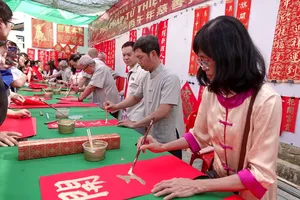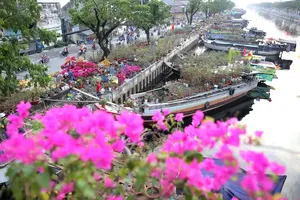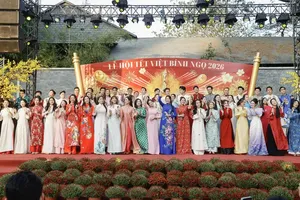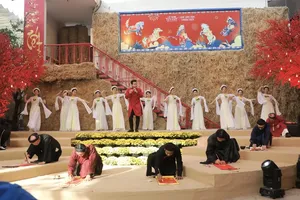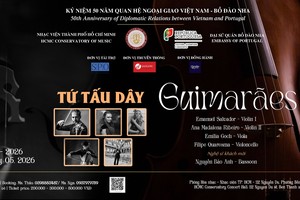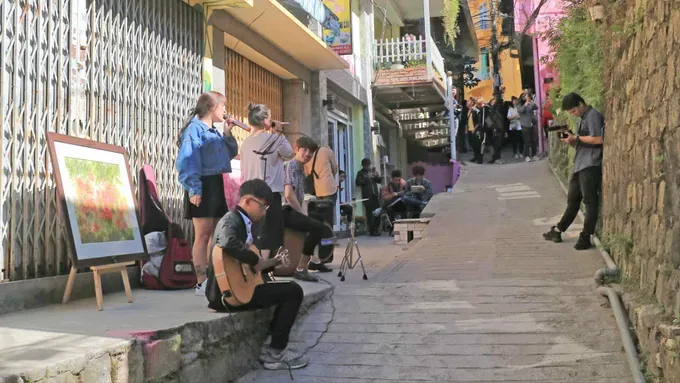
The transformation of the local government model in Quang Nam and Lam Dong provinces has resulted in Hoi An and Da Lat no longer holding the status of provincial-level cities. Instead, they have been reclassified as wards under newly established municipal frameworks.
According to Deputy Director General of the Department of International Cooperation under the Ministry of Culture, Sports and Tourism, Tran Ai Van, Vietnam currently has three cities recognized as members of the UNESCO Creative Cities Network, including Hanoi, Hoi An, and Da Lat.
Following the implementation of the new two-tier local government model, Hoi An and Da Lat have been reclassified and no longer hold administrative status as provincial-level cities. Instead, they have been divided into lower-level administrative units such as wards and communes. This shift poses certain challenges in terms of administrative mechanisms and the implementation of action plans previously committed to with UNESCO. In response to the situation, the Department of International Cooperation has proactively initiated discussions with UNESCO and is conducting internal consultations to identify a suitable solution.
A UNESCO representative acknowledged that this situation is unprecedented, noting that participation in the Creative Cities Network is granted under the name of a “city,” but the organizational structure and implementation of creative programs are determined by the member state.
To maintain membership in the UNESCO Creative Cities Network, the Department of International Cooperation has proposed the establishment of a local management or executive board, to be led by the local Department of Culture, Sports, and Tourism. These departments would be responsible for implementing concrete action plans and ensuring regular reporting and evaluations.
Local authorities are currently developing appropriate organizational frameworks to prepare for UNESCO’s four-year review cycle.




